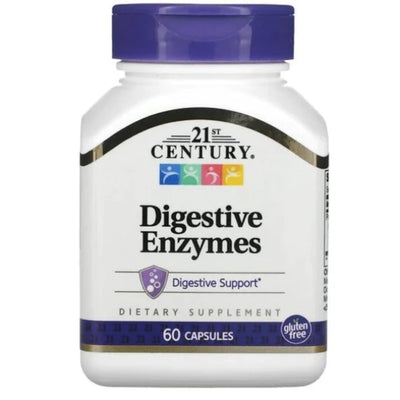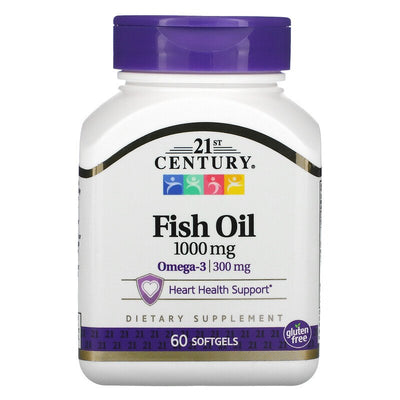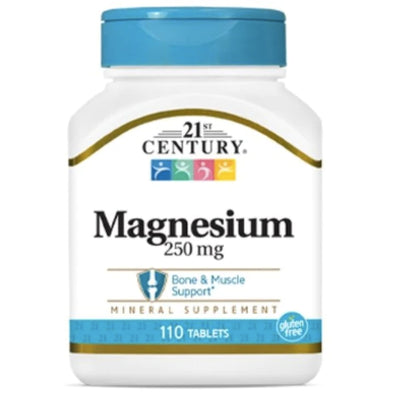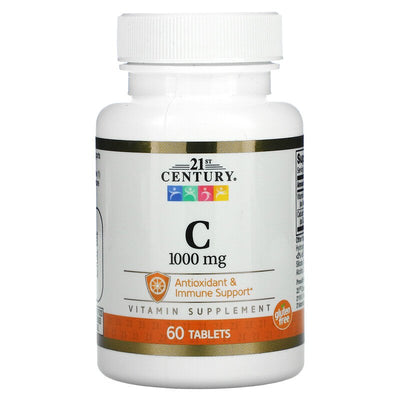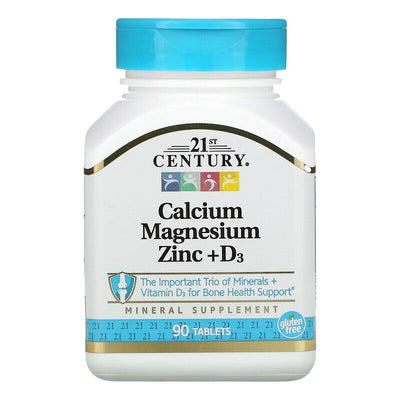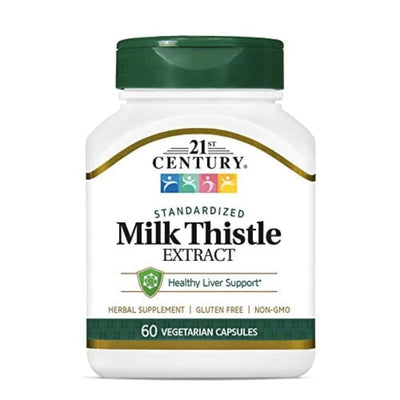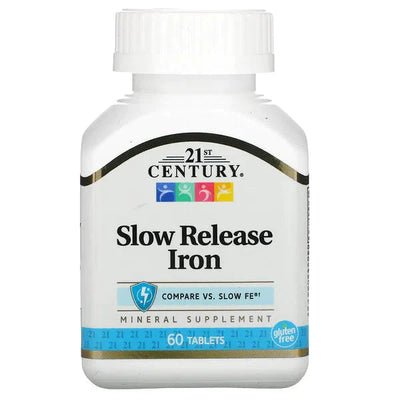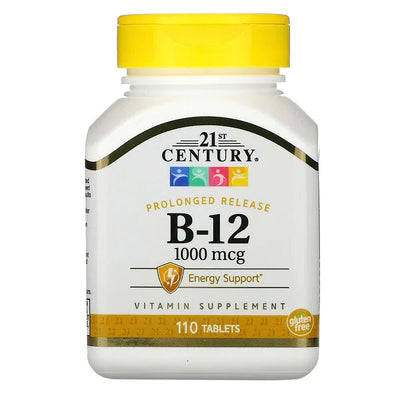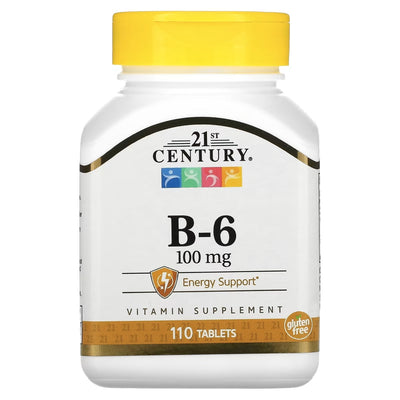Creatine's Role in Muscle and Metabolism
Creatine's primary function is to help regenerate ATP (adenosine triphosphate), the main source of energy for muscle contractions. This process is crucial during high-intensity workouts, which are effective for building muscle and burning fat. Here's how creatine could potentially contribute to weight loss:
Increased Muscle Mass
Muscle tissue burns more calories than fat tissue, even at rest. By helping to increase muscle mass, creatine can potentially boost your resting metabolic rate (RMR), which is the number of calories your body burns while at rest. A higher RMR can contribute to more effective weight loss over time.
Enhanced Workout Performance
Creatine enables more intense and longer training sessions by replenishing ATP stores quickly. This enhanced performance can lead to greater overall calorie burn during workouts, which is beneficial for those looking to lose weight.
Improved Recovery
By reducing recovery time, creatine allows for more frequent and intense workouts, which can increase total caloric expenditure across a week or month. Frequent high-intensity workouts are key for burning calories and fat, aiding in weight loss efforts.
Creatine and Water Retention
One of the main concerns with creatine and weight loss is its tendency to cause water retention. Creatine pulls water into your muscle cells, which can lead to temporary weight gain and may be discouraging for those on a weight loss journey. However, this increase in weight is not from fat gain but from water and muscle, which are beneficial for metabolism and overall health.
Using Creatine for Weight Loss
If you're considering using creatine while trying to lose weight, here are some tips to integrate it effectively:
Monitor Caloric Intake
To lose weight, you need to maintain a calorie deficit. Incorporate creatine as part of a well-balanced diet that supports your weight loss goals without exceeding your daily calorie needs.
Focus on High-Intensity Workouts
Leverage the performance-enhancing benefits of creatine by focusing on high-intensity interval training (HIIT) or circuit training, which are effective for burning fat and improving cardiovascular health.
Stay Hydrated
With increased creatine intake and workout intensity, staying hydrated is crucial. Proper hydration can also help mitigate some of the bloating associated with creatine use.
Be Patient and Consistent
Weight loss is a gradual process. Consistent use of creatine, along with regular exercise and a balanced diet, will be key to achieving long-term results.
Conclusion
While creatine is not a weight loss supplement per se, it can indirectly contribute to weight loss by increasing muscle mass and enhancing workout performance, both of which can increase caloric burn and improve body composition. For those looking to lose weight, it's important to focus on overall lifestyle changes rather than relying solely on supplements. Creatine can be a valuable addition to a comprehensive weight loss plan, particularly for those engaging in regular strength training and high-intensity workouts. As always, consult with a healthcare provider before starting any new supplement regimen, especially if you have underlying health conditions or specific dietary needs.








